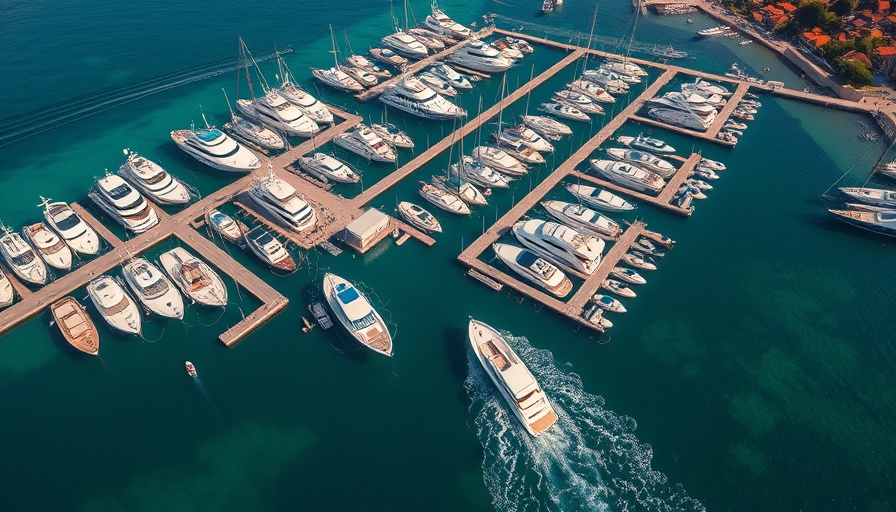
The Shift Towards Eco-Friendly Marine Fuels
As boating enthusiasts become increasingly aware of their environmental impact, a wave of innovation is reshaping the marine fuel landscape. The push for next-generation eco-friendly marine fuel sources is no longer a distant dream; it’s becoming a reality, with hydrogen, methanol, biofuels, and electric power leading the charge. This transition not only represents an evolution in propulsion technologies but also promises substantial reductions in pollution and greenhouse gas emissions.
What Drives the Adoption of Alternative Fuels?
The marine industry, while responsible for a mere fraction of global greenhouse-gas emissions, is proactively seeking better practices to decrease its environmental footprint. As detailed in a report commissioned by the International Council of Marine Industry Associations, recreational vessels contribute less than one-tenth of one percent to these emissions, yet stakeholders are determined to preserve the natural resources that sustain their activities. With advancements in technology, marine fuels classified as environmentally friendly have emerged, offering both renewable resources and costs that can be competitive with traditional options.
Hydrogen and Green Methanol: The Future is Here
Among the trailblazing alternatives, hydrogen stands out due to its potential for zero-emission performance. Various companies are investing in hydrogen fuel cell technology for larger vessels, motivated by the urgent need to decarbonize maritime transport. Similarly, green methanol, synthesized from renewable biomass or captured carbon dioxide, promises a sustainable fuel option well-suited for medium-sized vessels that can already adapt existing engines for its use. These innovations are not simply theoretical; they are being incorporated into real-world applications, paving the way for a greener future on the water.
Biofuels: An Existing Solution
Biofuels, such as biodiesel, have already established a foothold in the marine fuel market. An experience described by one captain highlights how biodiesel’s unique sourcing from recycled vegetable oils, including products from fast-food establishments, has made it a popular choice. This not only supports recycling efforts but also reduces emissions significantly compared to traditional fossil fuels.
Challenges to Overcome for Widespread Adoption
Despite the clear benefits, widespread adoption of these fuels remains a significant hurdle. Many marinas face logistical challenges in accommodating new fuel sources, primarily due to limited space and the costs associated with infrastructure changes. Most actively resist products that are not economically viable; without adequate incentives, adding new fuel offerings can be seen merely as an additional expense rather than a benefit to their patrons.
Steps Toward a Sustainable Marine Future
The National Marine Manufacturers Association (NMMA) has recognized these challenges and, alongside partners such as Suzuki Marine and Hyperfuels, initiated pilot programs aimed at integrating sustainable fuels into marinas. These initiatives exemplify how industry stakeholders can collaborate to create the frameworks necessary for transition.
What Can You Do as a Boater?
As a boater, becoming informed about sustainable fuel options is essential. Consider participating in local initiatives that promote eco-friendly practices and support marinas that offer alternative fuel sources. Every small contribution can collectively lead to larger changes in the industry.
Looking Forward: The Path to Cleaner Waters
With boating increasingly becoming an environmentally conscious activity, the evolution of marine fuels not only benefits the industry but also enhances the natural beauty of our oceans. As boating communities embrace sustainable practices, cleaner waters and clearer skies are within reach. The future of eco-friendly marine fuel is vibrant, and with concerted efforts, we can cultivate a more sustainable boating culture.
 Add Row
Add Row  Add
Add 




Write A Comment